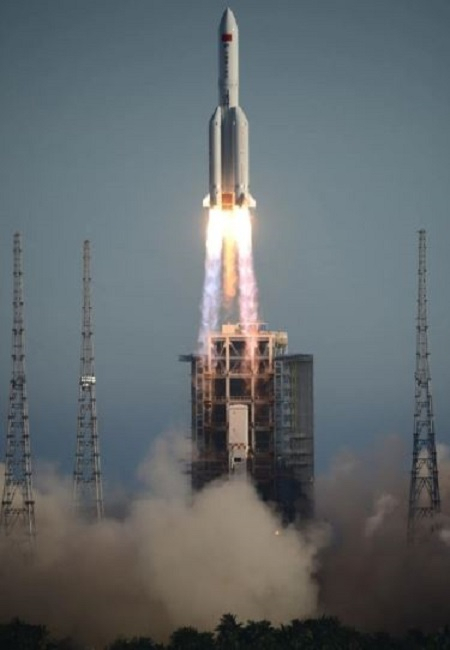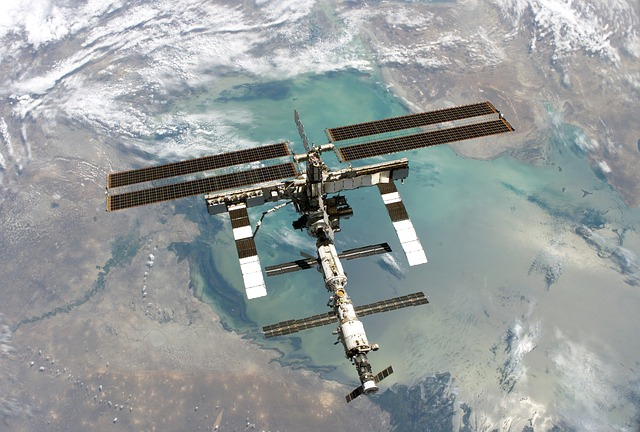

China recently confirmed that it is planning to construct its very own space station that will orbit Earth. An official from the country's space agency noted that the construction will be completed in two years through the launch of 11 space missions.
The confirmation of China's space station plans was made during a political conference held in Beijing on Tuesday. Zhou Jianping, the chief designer of China's human spaceflight program, unveiled the details of the station's construction.

China's Space Station
According to Zhou, the entire station will weigh about 66 metric tons and will have a total of three modules. Once completed, it will be able to host three astronauts staying at the station for six-month rotations. During their missions aboard the station, the astronauts will work on various experiments and international projects related to the field of astronomy, life science, medicine, biotechnology, and microgravity concepts and technologies.
The space station will orbit Earth from an altitude of 340 to 350 kilometers for at least 10 years. Zhou noted the station would work with a co-orbiting telescope that has a larger field angle than the Hubble Space Telescope. "Its resolution ratio will be equivalent to the well-known Hubble telescope, but its field angle will be 300 times larger than the Hubble telescope," Zhou said, according to Space News. "With it, we can finish the survey of large areas in space in 10 years."

Building The Station
Construction of the station is expected to begin sometime in early 2021 with the launch of its first component, the Tianhe core module. It will be launched through the Long March 5B rocket. This will then be followed by a crewed spaceflight and a cargo mission. In total, China plans to launch 11 missions that are all focused on the construction of the station. These include four crewed flights, four cargo missions, a core module launch, and the deployment of two experiment modules.
Aside from the Long March 5B, China will also use the Long March 2F and Long March 7 rockets for the upcoming missions. China aims to complete the orbiting outpost by 2023. Although the station is currently planned to have three modules, Zhou noted that it could be expanded to accommodate six main components.
Read more









